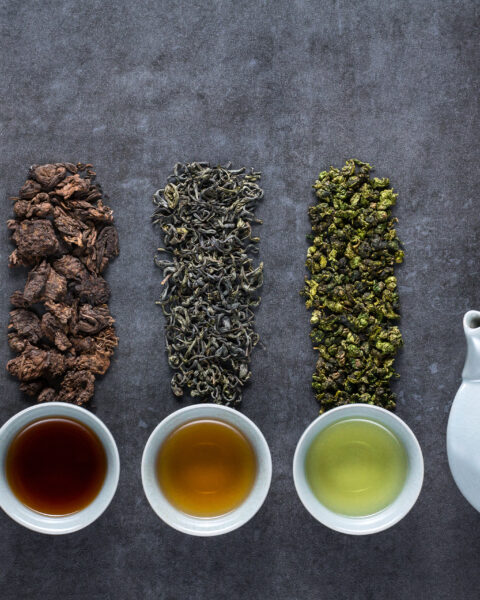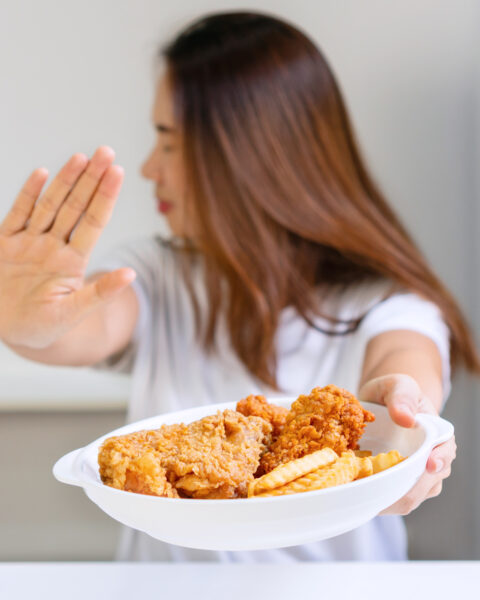Ensuring an adequate intake of iron is essential for maintaining overall health and vitality. Whether you’re looking to combat fatigue, support healthy red blood cell production, or simply enhance your well-being, incorporating iron-rich foods into your diet is a crucial step. In this article, we’ll explore 10 nutrient-packed foods that are excellent sources of iron, offering a natural and effective way to boost your dietary iron intake. From plant-based options to animal-derived sources, these foods will not only fortify your iron levels but also provide a delicious and diverse array of options to enrich your meals and promote optimal wellness.
Contents
Lean Red Meat
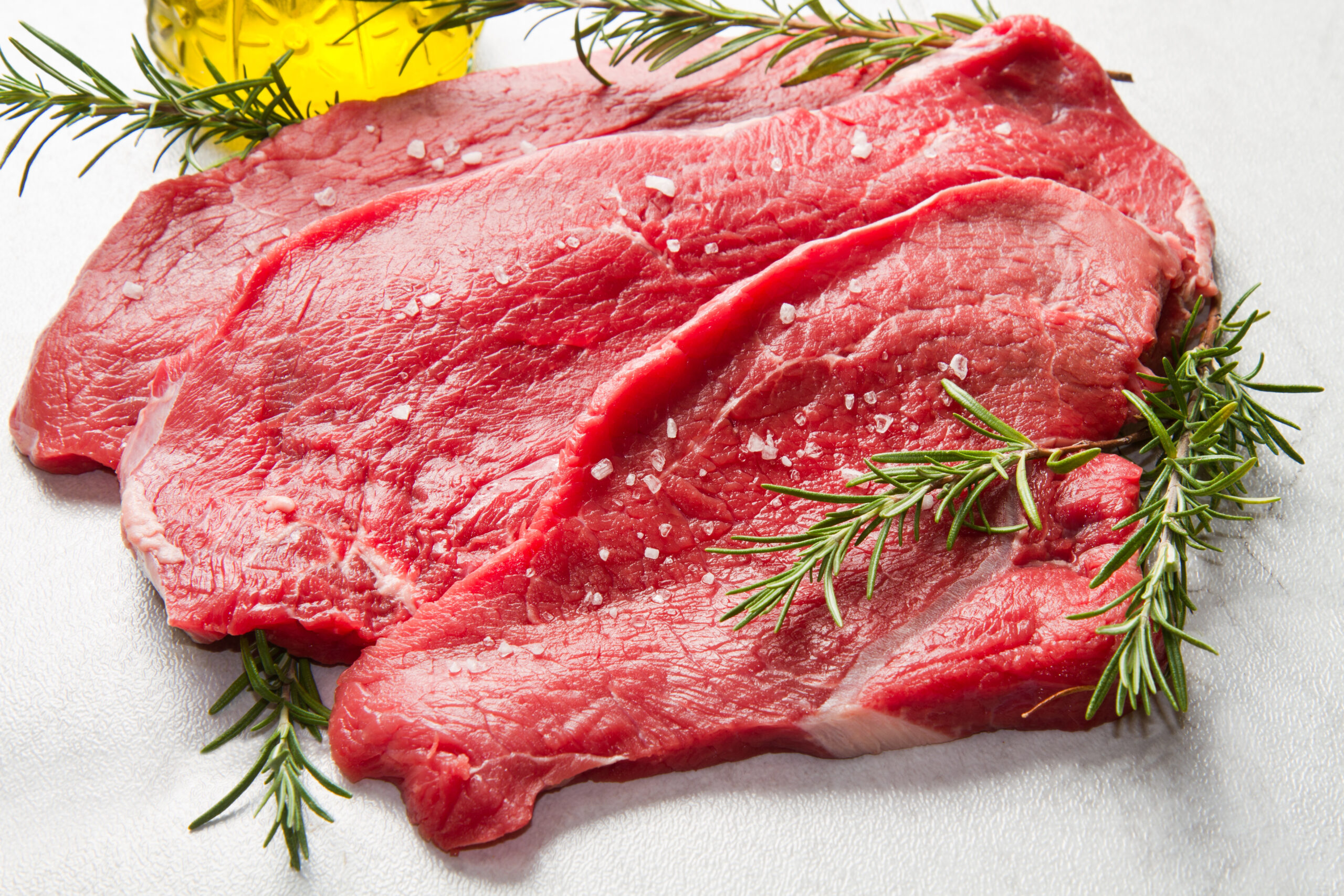
Lean cuts of red meat, such as beef, lamb, and pork, are excellent sources of heme iron, the type of iron found in animal-based foods. Heme iron is highly absorbable by the body, making it a crucial dietary source for preventing iron deficiency. Incorporating lean red meat into your diet provides a significant boost in iron levels, which is essential for transporting oxygen in the bloodstream and preventing anemia.
Poultry

Poultry, including chicken and turkey, is another rich source of heme iron. Like red meat, it is easily absorbed by the body. Regular consumption of poultry helps support healthy iron levels, ensuring that your cells receive the oxygen they need to function optimally and maintain overall health.
Fish and Seafood

Various types of fish and seafood, such as salmon, tuna, clams, and oysters, provide a substantial amount of heme iron. Additionally, these foods offer the benefit of omega-3 fatty acids, which promote cardiovascular health. Including fish and seafood in your diet not only helps prevent iron deficiency but also contributes to overall well-being.
Beans and Lentils

For those who prefer plant-based sources of iron, beans and lentils are excellent choices. These legumes provide non-heme iron, which is not as easily absorbed as heme iron but can still significantly contribute to your daily iron intake. Pairing legumes with vitamin C-rich foods can enhance iron absorption, making it an essential component of a vegetarian or vegan diet.
Spinach

Spinach is a leafy green vegetable known for its iron content. It contains non-heme iron along with vitamin C and other nutrients that aid iron absorption. Incorporating spinach into salads, smoothies, or cooked dishes can boost your iron intake while providing essential vitamins and minerals.
Fortified Cereals

Image Editorial Credit: Ezume Images/www.shutterstock.com
Many breakfast cereals are fortified with essential nutrients, including iron. Checking the labels for iron-fortified options can be a convenient way to increase your daily iron intake. Pair these cereals with milk or a dairy-free alternative rich in vitamin C for enhanced iron absorption.
Tofu

Tofu, a soy-based product, is an excellent source of plant-based iron. It’s versatile and can be used in various recipes, from stir-fries to sandwiches. Tofu is not only iron-rich but also provides protein and other essential nutrients, making it a valuable addition to a vegetarian or vegan diet.
Nuts and Seeds

Nuts and seeds, such as pumpkin seeds, sunflower seeds, and almonds, are packed with iron and other nutrients. While they contain non-heme iron, they can contribute significantly to your daily iron intake when consumed regularly. Snacking on these iron-rich foods can help support your overall nutritional needs.
Quinoa

Image Editorial Credit: YARUNIV Studio/www.shutterstock.com
Quinoa is a nutritious whole grain that contains a notable amount of iron. It is also rich in protein, fiber, and various vitamins and minerals. Incorporating quinoa into your meals not only boosts iron intake but also adds a nutritious and versatile ingredient to your diet.
Dark Chocolate

Dark chocolate is a surprising source of iron. While it should be consumed in moderation due to its calorie content, enjoying a small portion of high-quality dark chocolate can provide an iron boost while satisfying your sweet tooth. Look for dark chocolate with a cocoa content of 70% or higher for the best iron benefits.
More from AisleOfShame
The Endless Feast: 10 Foods That Never Expire
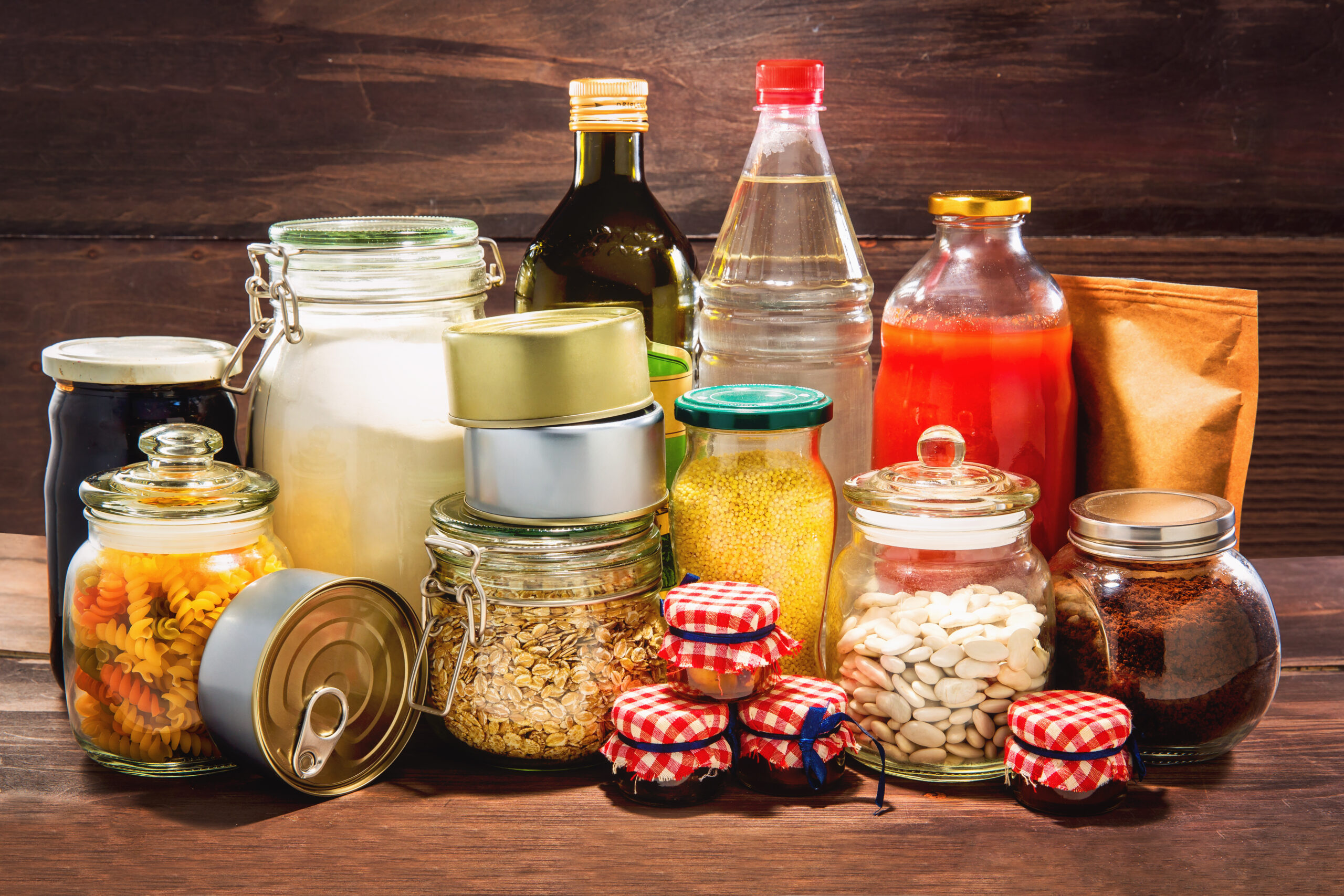
When it comes to stocking up on food for emergencies or long-term storage, it’s important to choose items that will last.Read more.
Avoid These 10 Breakfast Foods for a Healthier Start
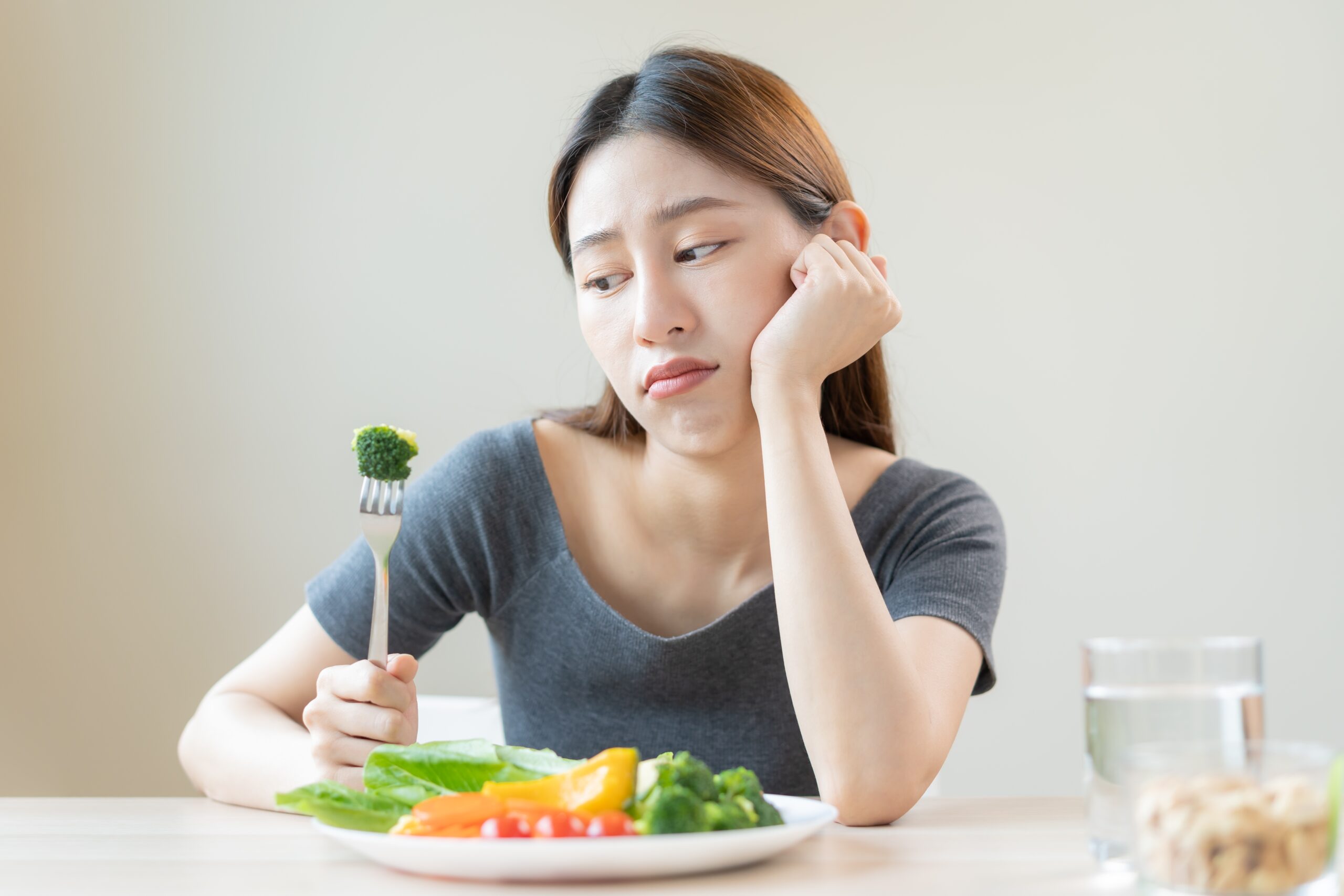
By making smarter choices and avoiding these foods, you can set yourself up for a healthier, more energized day. Read more.
Simplify Your Cooking: 10 Slow-Cooker Recipes That Are Almost Effortless
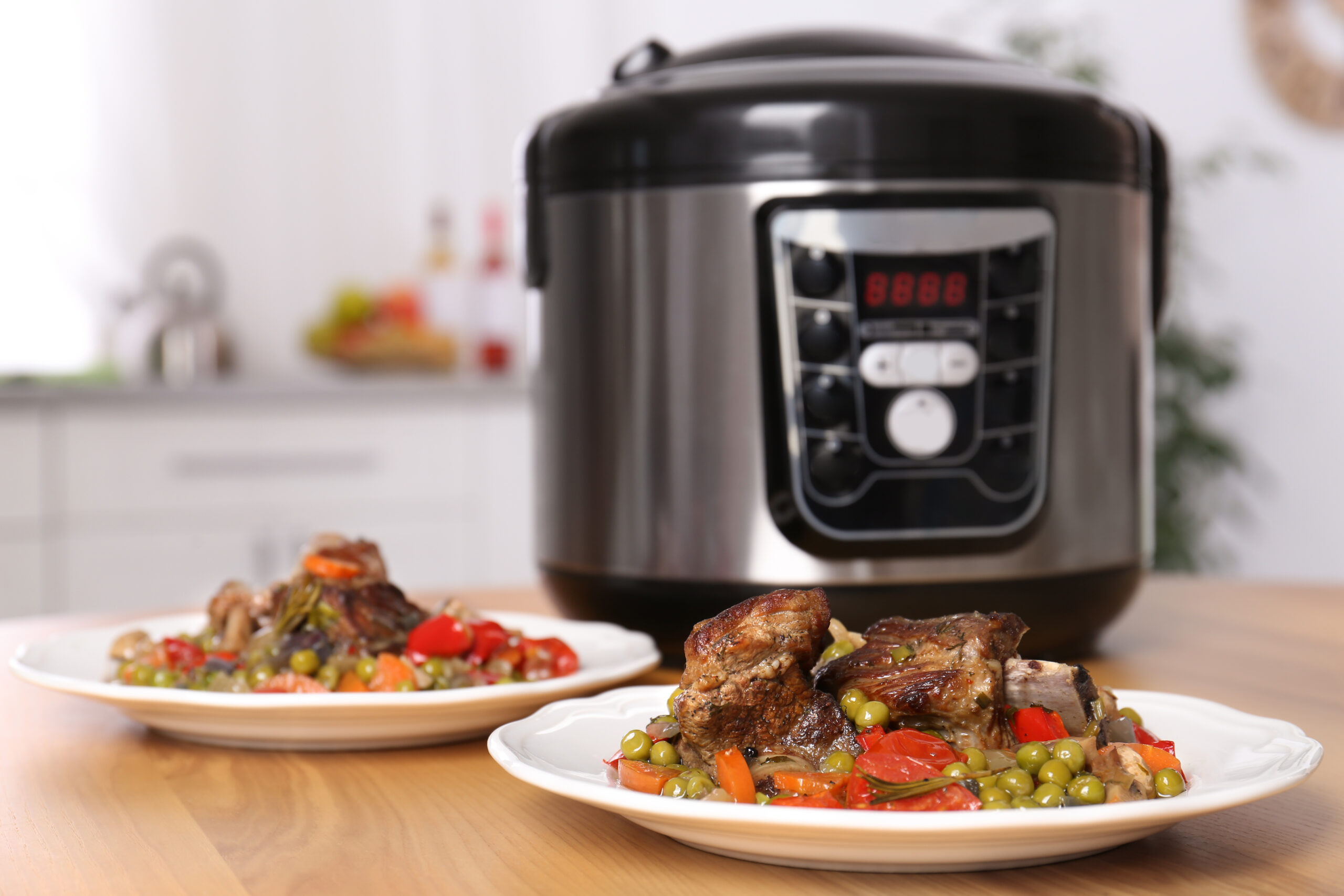
From hearty stews to tender meats, these recipes are easy to make and require minimal cleanup. So sit back, relax, and let your slow-cooker do the work for you. Read more


